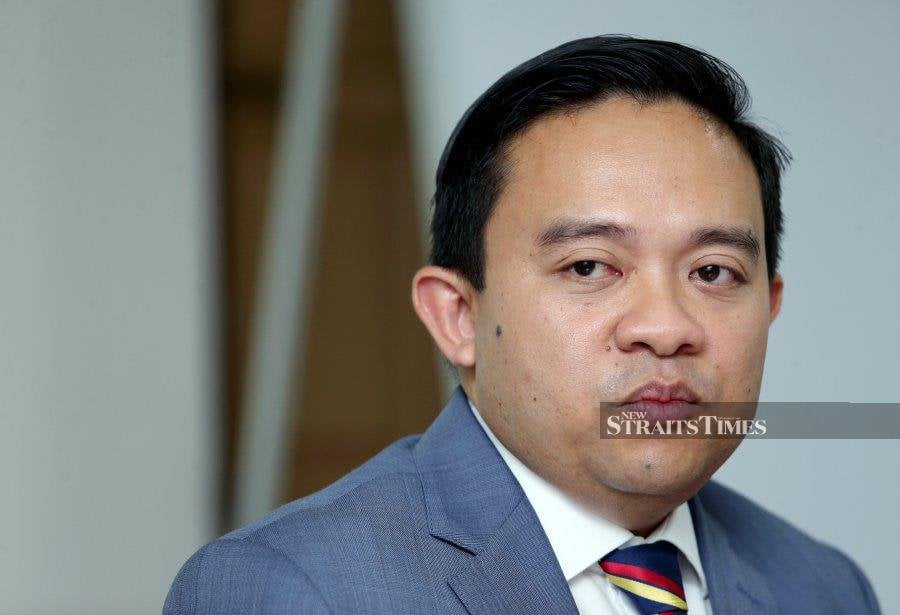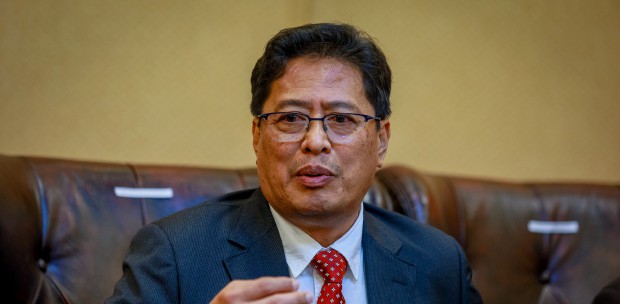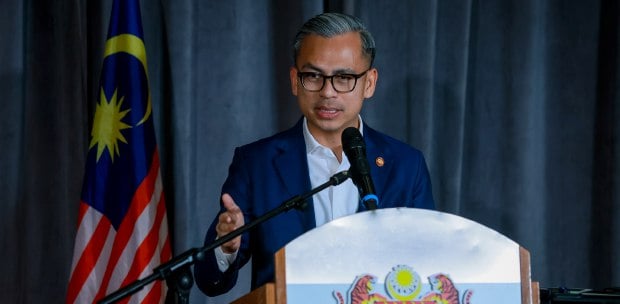KUALA LUMPUR: Tasek Gelugor member of parliament Datuk Wan Saiful Wan Jan should not assume the worst over the Malaysian Anti-Corruption Commission notice issued to him, a lawyer said.
Goh Cia Yee said the MACC notice could mean the graft investigators were trying to obtain his statement as a witness.
He said Article 63 of the Federal Constitution gives MPs immunity from any court action over what was said in the Dewan Rakyat, but it did not prevent the authorities from seeking his assistance as a witness.
"The fact that the notice is from MACC and not the police also suggests that the investigation is into the corruption he is alleging, not on the usual investigations into sedition or other such offences.
"In such an instance, we can argue that he should comply with MACC's notice as a witness," he said.
Goh said if the MACC was considering prosecuting him, Wan Saiful might either seek dismissal on the grounds of the charge being groundless or apply to the High Court to be acquitted on grounds that the charges were unconstitutional.
Goh was also of the view that the immunity under Article 63 should be limited to laws that restricted the freedom of speech.
"This interpretation is the only one that makes sense. He cannot be prosecuted for the words he used, but it does not mean he cannot be prosecuted if the words he used were evidence of an offence," he said.
He also pointed out a potential abuse of parliamentary immunity if a wide interpretation was adopted.
"If for example a MP confesses in Parliament prior to any criminal charge against him that he was involved in bribery, would this exempt him from all prosecution relating to that confession? What if the confession was general in nature? Would that exempt him from all corruption charges?"
Goh also said Malaysian courts might follow a recent Indian case ruling, which said that immunity provided under their constitution could not be used to prevent prosecution for accepting bribes and should only be exercised if a legislator acts in furtherance of "fertilising a deliberate, critical and responsive democracy".
"The provision of their constitution relating to the immunity is similar in wording to ours and we are known to follow the guidance of the Indian Court on issues involving law that are similar to ours.
"There might be a chance that our courts might decide to follow that approach in the future as well but as of now the immunity is clear.
"He should not be confusing his role as a witness with that of an accused," he said.
Another lawyer Datuk Geethan Ram Vincent said apart from Article 63, Section 7 of the Houses of Parliament (Privileges and Powers) Act 1952 provided MPs another layer of protection.
"Article 63 and Section 7 are both designed to protect MPs from being liable in any civil or criminal proceedings, arrest, imprisonment or damages," he said.
The immunity, however, does not bar MPs from being called to assist and or be part of an investigation, he added.
"In the current instance, Wan Saiful stated in Parliament that he was offered a bribe to support the prime minister.
"As MACC is neither investigating him under the capacity of a briber nor a bribe taker, the protection under Article 63 and Section 7 does not extend to this scenario, as it doesn't implicate liability towards him," he said.
Wan Saiful yesterday told the Dewan Rakyat that he was issued a notice by the MACC to have his statement recorded.
Wan Saiful yesterday told the Dewan Rakyat that he was issued a notice by the MACC to have his statement recorded.
It is understood that the notice was issued concerning wan Saiful statement during the Royal Address debate in the Dewan Rakyat on Feb 28, when the MP alleged that he was offered a reward to support Prime Minister Datuk Seri Anwar Ibrahim.
After an ensuing uproar, Dewan Rakyat Speaker Tan Sri Johari Abdul ordered Wan Saiful to apologise and retract the statement, which he did.
Wan Saiful said the MACC notice was unfair and dangerous because it could threaten the immunity and privileges of MPs while speaking in the Dewan Rakyat.





